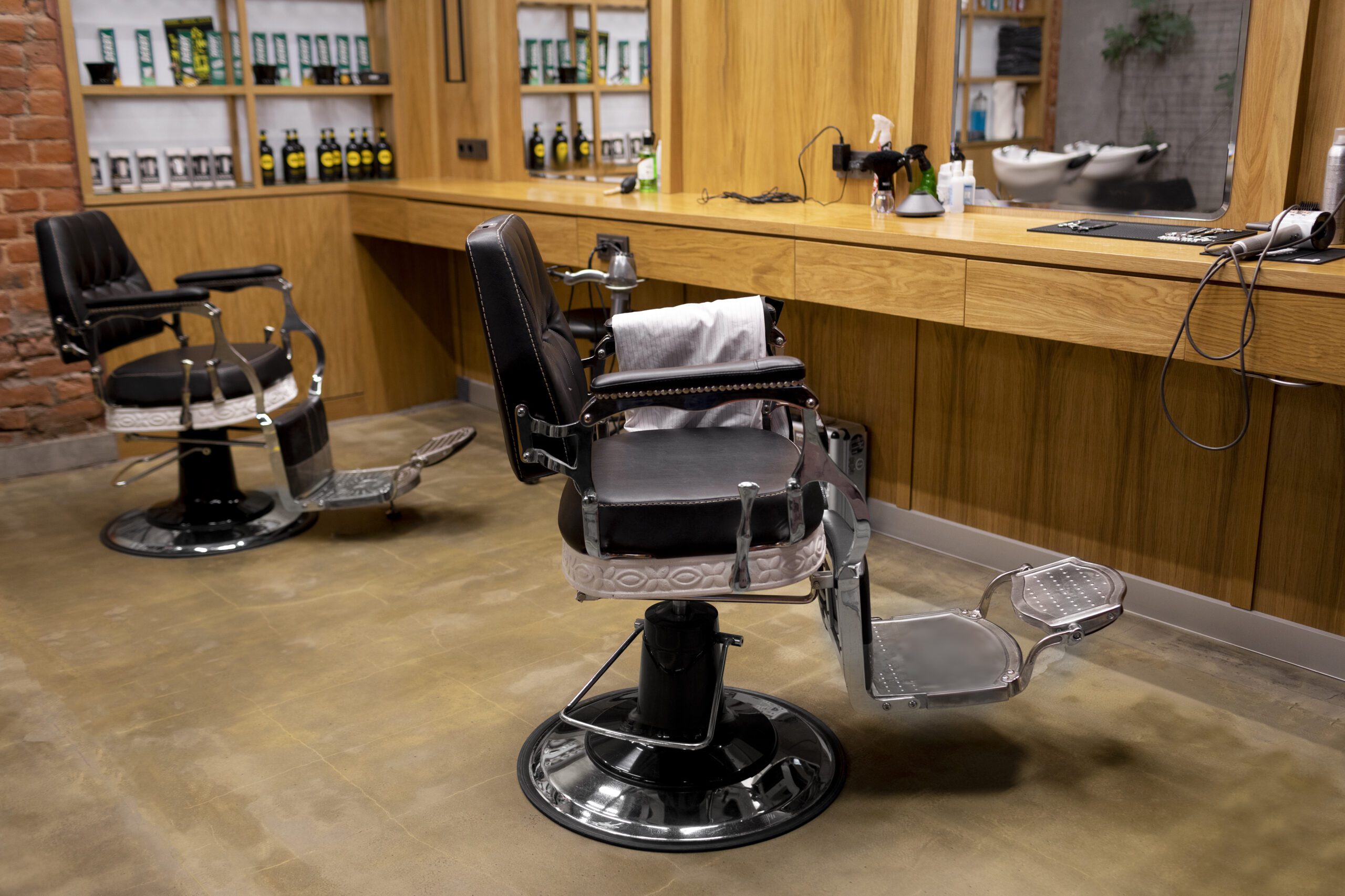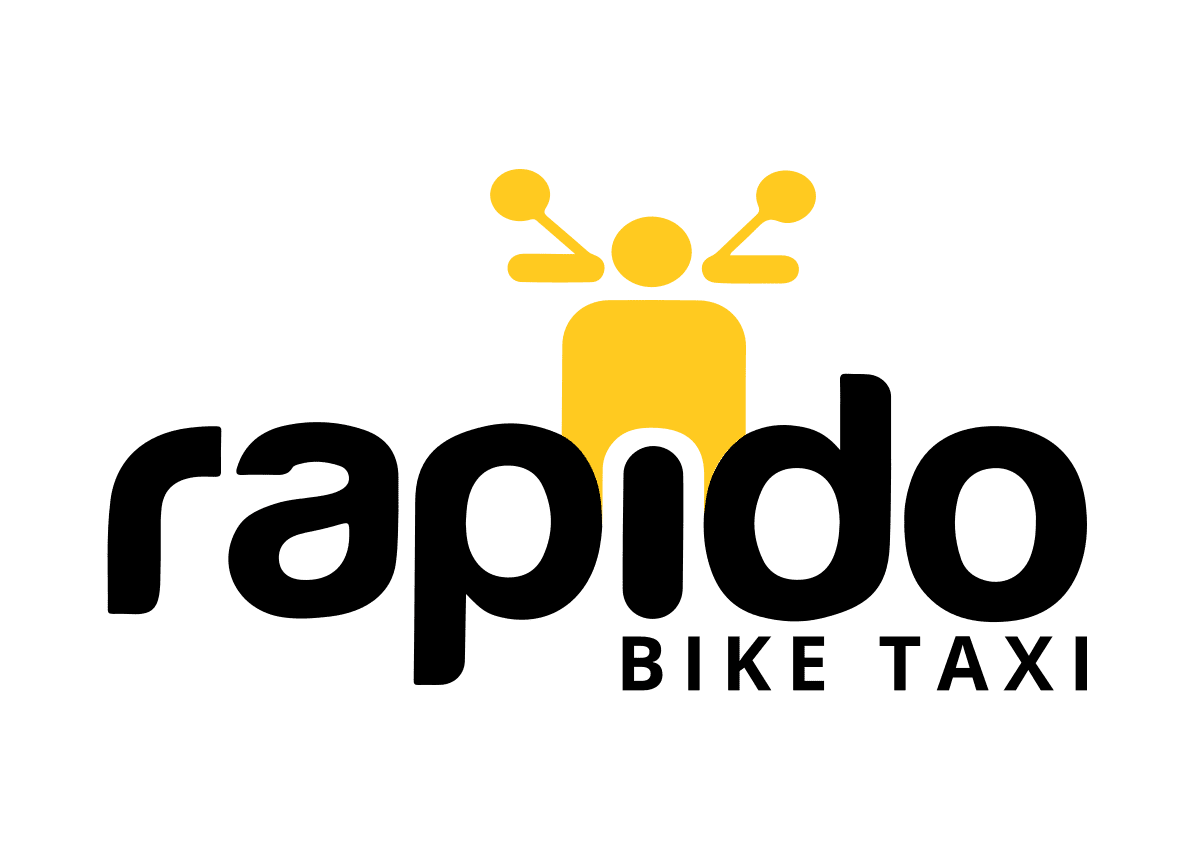
Whether it’s a one-way video interview or an in-person interview, as an HR manager you are aware that the interview is one of the most crucial elements in the hiring process. Even if an applicant’s CV might provide a wealth of information about their skills, an interview is still the most effective means of analyzing and getting to know a prospect personally.
For instance, doing an in-person interview calls for extensive advance planning. You must be prepared to speak about the culture, beliefs, and behaviors that bind your organization together as you put your business in the best light possible. In order to make the candidates feel at ease and provide them with the best candidate experience during the interview, you should also learn about the candidates’ backgrounds and experiences so that you may modify your questions and speech.
In spite of the fact that you are not face-to-face with the applicant during a one-way video interview, it still necessitates much planning beforehand. You must know how to introduce your firm in the appropriate way using text or even through a video in order to make the candidate feel as involved as possible in order to get the most out of this pre-assessment strategy. Although you presumably have a limited amount of questions you may ask, you need also be certain that the questions you are asking are appropriate. Asking the correct questions will ensure that you have a thorough understanding of each candidate’s profile, allowing you to choose the top applicants and schedule in-person interviews with them.
What is a one-way video interview?
A one-way video interview is a type of job interview in which the candidate records their responses to a set of pre-determined interview questions using video software provided by the employer or a third-party platform. Unlike a traditional job interview where there is an interactive conversation between the interviewer and the candidate, a one-way video interview is a pre-recorded, one-sided conversation.
Typically, the employer will provide the candidate with a list of questions and a deadline for completing the interview. The candidate will then use their computer or mobile device to record their responses to the questions. The candidate can often re-record their answers as many times as they like before submitting the final version.
One-way video interviews are becoming increasingly popular among employers as they save time and resources by allowing them to review a larger pool of candidates in a shorter amount of time. Additionally, they allow employers to evaluate a candidate’s communication skills, personality, and demeanor before scheduling an in-person or live video interview.
One-way video interview questions
Many of the more common one-way video interview questions posed by hiring managers and recruiters are listed here, along with advice on how to provide compelling solutions.
Example 1: Tell us about your professional background.
This is frequently open to modifications and alterations. Recruiters can discover more about a candidate’s priorities and self-perception by asking them this question. When a candidate responds to this question, a lot about them, including their personalities, backgrounds, and values, can be learned from that response. Make the most of this additional opportunity to showcase your qualifications so the hiring manager or recruiter will remember you. Explain your industry interests and the possible value you could bring to the business.
Example 2: Explain a time when you successfully navigated a difficult scenario.
Hiring managers in many different industries frequently ask candidates this behavioral interview question. This topic is typically asked during interviews to gauge how you handle pressure, obstacles, failures, and problems. The interviewer might carefully listen to your response to determine how you handled the previous circumstance in a practical manner while controlling your emotional reactions. They might listen for indications of adaptation, enthusiasm, creativity, and resiliency.
Example 3: How do you deal with pressure and stress at work?
The interviewer is really interested in learning how well you handle stress at work and what you do in extremely trying circumstances. This is crucial if you’re applying for a job where stress is a regular component of the workday. This is so because workplace performance can be negatively impacted by job stress.
The hiring manager could also be interested to know if stressful situations outside of work can affect how well you perform at work. Candidates that can handle a variety of stressful situations, whether they are personal or professional, are sought after by employers.
Example 4: How do you stay current with market trends and advancements?
Interviewers have a few goals in mind when they inquire about current developments in your business. They first want to know if you are aware of the major themes and trends in your industry. It’s expected of you to stay up with industry news and have your finger on the pulse at a given career and role level.
Your decision-making at work may be influenced by your familiarity with trends. For instance, knowing what consumers desire could influence how you construct a marketing strategy or which widget you promote. Also, interviewers inquire about patterns to gauge your level of interest in the job. People want to know if you care deeply about your line of work and go above and beyond the call of duty when it comes to being present.
In addition, interviewers might ask you about your news habits and the sources you use.








